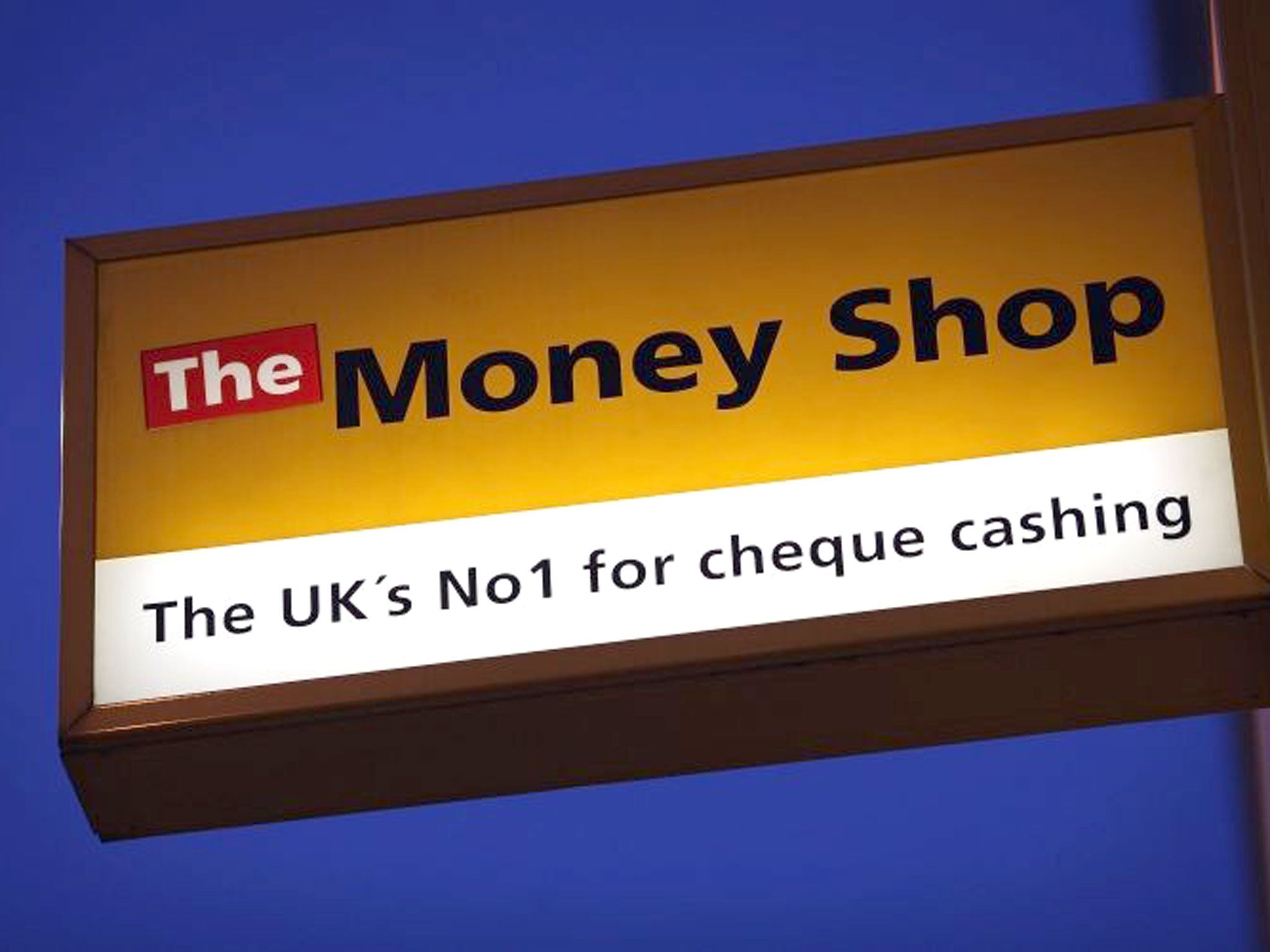Payday loans: From specialist cards to credit unions, there are better options
Struggling people frozen out by mainstream lenders can turn to better options – even if their credit rating isn't the best, says Andrew Hagger

Your support helps us to tell the story
From reproductive rights to climate change to Big Tech, The Independent is on the ground when the story is developing. Whether it's investigating the financials of Elon Musk's pro-Trump PAC or producing our latest documentary, 'The A Word', which shines a light on the American women fighting for reproductive rights, we know how important it is to parse out the facts from the messaging.
At such a critical moment in US history, we need reporters on the ground. Your donation allows us to keep sending journalists to speak to both sides of the story.
The Independent is trusted by Americans across the entire political spectrum. And unlike many other quality news outlets, we choose not to lock Americans out of our reporting and analysis with paywalls. We believe quality journalism should be available to everyone, paid for by those who can afford it.
Your support makes all the difference.Payday lender Dollar Financial UK, owner of the Money Shop, had to hand back £15.4m to badly treated customers this week. But struggling people frozen out by mainstream lenders can turn to better options – even if their credit rating isn't the best.
Specialist credit cards
The big plastic providers will give you the cold shoulder if your credit record is below par, but there are a number of specialist cards that can help you get back on your feet.
The interest rates are higher than with standard credit cards – but much lower than payday loans. Tesco Bank, for example, charges a representative APR of 28.9 per cent on its Foundation card, and Marbles comes in at 33.8 per cent APR.
To rebuild your credit status, you need to show that you can manage a card in a responsible way; by making the minimum payments on time every month, your credit score will gradually recover. Paying the full statement balance each month is even better as you will also avoid any interest charges.
Guarantor loans
A guarantor loan for sums of between £500 and £5,000 is available from Amigo at a representative APR of 49.9 per cent. You will need to find a creditworthy friend or relative to act as guarantor, and if you were unable to make the repayments, the guarantor would become liable for the outstanding balance.
Amigo feeds your payment history to the credit reference agencies, so again paying on time each month is important.
Credit unions
Although you are unlikely to be able to borrow more than £1,000 until you have proved your ability to save, credit unions are another low-cost avenue to explore if you have been shut out by the mainstream banks.
Many of these loans will cost you no more than 1 per cent a month (12.7 per cent APR) on the reducing balance of the loan.
To track down a local credit union, visit findyourcreditunion.co.uk and simply enter your home town and postcode details. Alternatively, give the Association of British Credit Unions a call on 0161 832 3694.
If money is tight, a payday loan may look an easy solution, but it's not. Always check out the smarter options first.
Give as you spend and save
With Remembrance Sunday a week away, many of us will again be doing our bit to support the Royal British Legion.
As well as popping your cash into a collection box, you can donate throughout the year via charity-linked financial products. For example, Coventry building society has just launched its latest Poppy bond – a three- year fixed-rate savings bond paying a competitive 2.35 per cent AER. The society will donate the equivalent of 0.15 per cent of all balances held in these accounts as at 31 December 2015 to the Royal British Legion.
Another way of giving as you go about your daily life is using a charity credit card. MBNA has linked with the Royal British Legion since 2006 via an affinity card, with customers earning funds for the charity as they spend. The legion receives an initial payment of £20 when a card is taken out through its website. On top of this, it is handed 25p for every £100 spent on the card, and a further £2 every year that the card account remains open.
Andrew Hagger is an independent personal finance analyst from www.moneycomms.co.uk
Join our commenting forum
Join thought-provoking conversations, follow other Independent readers and see their replies
Comments